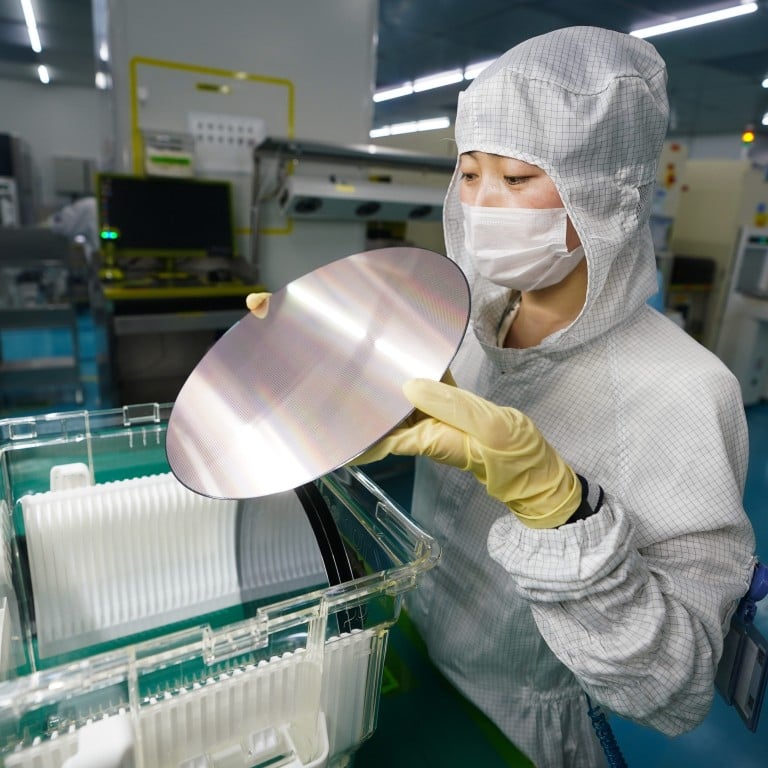
China seeks WTO review of chip export restrictions led by US
- Chinese representative says US, Japan and Netherlands may have ‘violated’ trade body’s principles, according to state television
- Beijing also calls for the WTO to be notified if there is a deal between the countries to limit China’s access to chip-making equipment
China questioned the three countries over the existence of a deal seeking to limit its access to chip-making equipment during a two-day meeting of the WTO’s Council for Trade in Goods in Geneva that concluded on Tuesday.
“Does the agreement exist? If so, should WTO members be notified and should it be reviewed by WTO members?” a Chinese representative asked, adding that no official details had been released, state broadcaster CCTV reported.
How US-Japan-Netherlands pact on chip tech exports may play out in China
The possible deal first emerged in a January statement from Dutch firm ASML, which dominates the market for one-of-a-kind, cutting-edge chip-making equipment. It said an agreement was not finalised but would cover advanced chip manufacturing technology “including but not limited to advanced lithography tools”.
Asked by reporters about the deal in March, Dutch Foreign Trade Minister Liesje Schreinemacher said the “details still need to be worked out”.
According to the CCTV report, China’s representative told the Council for Trade in Goods that Beijing believes there is an agreement that “violates the principle of openness and transparency of the WTO and undermines the authority and effectiveness of WTO rules”.
“[China] demands the US, Japan and the Netherlands notify the WTO of the agreement and subsequent measures and calls on the WTO to strengthen supervision on the enforcement of these measures.”
China accounted for 14 per cent of ASML’s sales in 2022 and it has sold more than €8 billion (US$8.7 billion) worth of chip lithography equipment in China over the past decade.
“It is important that we defend our own interests – our national safety, but also our economic interests,” Schreinemacher said at the time. “If we put that in an EU basket and negotiate with the US and in the end it turns out we give away deep ultraviolet lithography machines to the US, we are worse off.”

